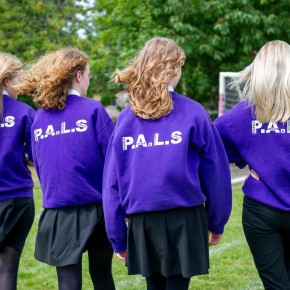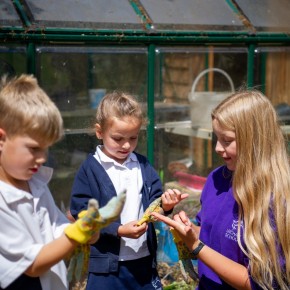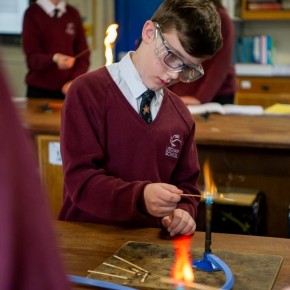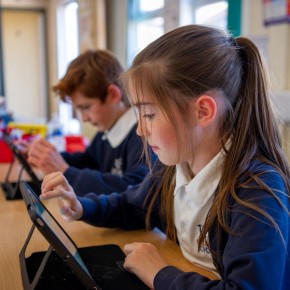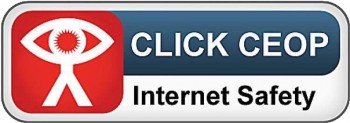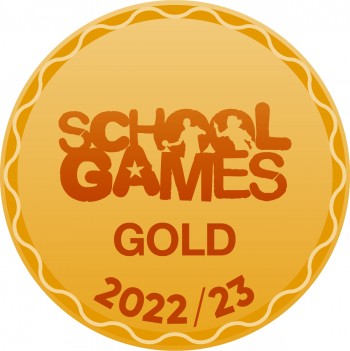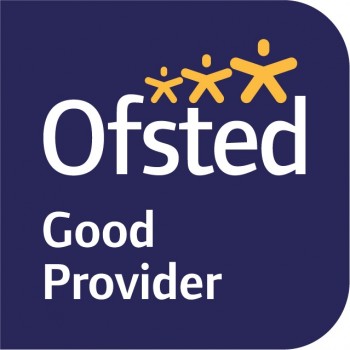Communication and Language
Children are supported and encouraged to express their thoughts, feelings and ideas through increasingly complex and logically sequenced sentences ranging from role play and story-telling in EYFS and KS1 moving to discussion, debate and persuasion in KS2. Through every part of our curriculum, they are given the opportunity to access high quality texts which immerse them in ambitious vocabulary and this is modelled through the adults’ interactions with children. Our intervention programme NELI allows children targeted support to improve their ability to express themselves in a clear and detailed way. Whole school performances and assemblies give children the opportunity to showcase these skills. We are also using the DIALLS project in KS2 which encourages Cultural Literacy. Students learn to explore, to listen to their peers, develop tolerant, empathetic and inclusive behaviours as they engage with different viewpoints.
Reading
The teaching of early reading in EYFS and KS1 is based in the teaching of phonics and early comprehension skills. We follow Read, Write, Inc which is a rigorous programme which ensures that all children make good progress with reading. Our teaching includes both questioning to challenge and extend higher ability readers and tutoring to support lower ability readers to make good progress. Children read and are read to every day, with our reading spine ensuring that every year, children are exposed to a broad range of high-quality texts as well as guided reading groups with fully decodable texts in KS1. As well as small group reading sessions, the KS2 children take part in daily whole class reading sessions which allow them dive deeply into different genres and text types as well as developing their fluency, vocabulary, comprehension and inference skills. In Year 5 and 6 the children take part in Accelerated Reading which provides personised goals for pupils, encourages engagement and uses quizzes to monitor progress. Throughout the school, parents work in partnership with teachers to support their children to become fluent readers by keeping record of the children’s sharing of their books with them. We have a fantastic library with sessions in school time enabling children to explore different texts and enjoy time for reading for pleasure. Some year 6 pupils act as librarians and help run and manage our school library.
Writing
The study of writing at the primary phase is broken into:
- transcription (spelling and handwriting)
- composition (articulating ideas and structuring them in speech and writing)
- revising and editing
Our writing curriculum is organised around the four writing purposes; to entertain, to inform, to persuade and to discuss. As children move through KS1 and KS2 they will have opportunities to explore new grammar and punctuation features of various writing genres and put this into practise with their own writing. Teachers support children to become confident writers who understand the purpose and context of their writing as well as supporting them to use increasingly complex literary devices and vocabulary. We use the spelling shed to allow children to develop confidence with spelling, phonics and word structure both in school and at home which allows them to develop effective transcription. From Early Years, through to KS2 we support children to develop clear and speedy handwriting which develops into their own style.
Drama
When appropriate (across the curriculum, not just within literacy sessions) children are given the opportunity to act and be involved in role play. This may include acting out stories and poems or re-creating past events. During personal, social and health education (PSHE/PATHS) sessions, children use role play to explore everyday situations and as a basis for discussion.
